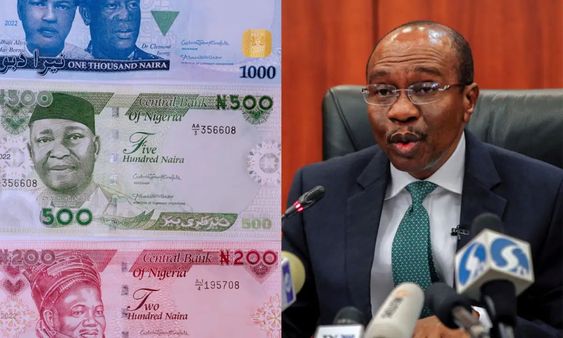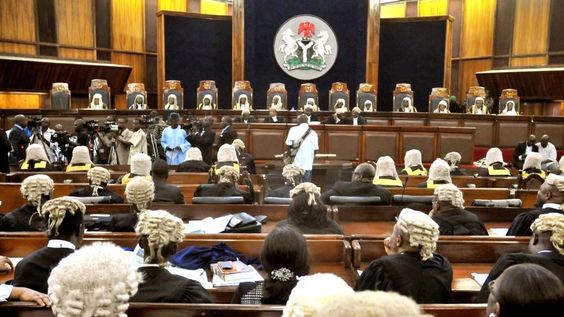The Central Bank of Nigeria (CBNtop)’s management personnel have organised a series of meetings for later this week to assess the transition thus far as the countdown to the current designs of the N200, N500, and N1000’s January 31, 2023 expiration date gains steam.
The public’s objections that the new naira designs are not getting out sufficiently are growing as the meetings take place.
Even while commercial banks have remained open on Saturdays as part of their own initiatives to let the public exchange their old bills for new ones, reports from all around the nation revealed that the old notes are still widely used and the new ones are hard to come by.
It was discovered that senior CBN officials from the Banking Supervision and Currency Operations divisions would convene later this week to discuss the reasons why a large portion of the anticipated revenue from the Naira redesign decision has not yet been realised.
Many people have asked the apex bank to extend the deadline for exchanging old naira notes, but the bank has always said no.
It even introduced a digital countdown metre on its website to show how many days the old notes still qualify as legal cash.
The head of the Nigerian Financial Intelligence Unit (NFIU), Modibbo Hamman Tukur, said last week that it seemed like some Nigerians didn’t want to return the old notes that had been tampered with.
“People are aware that there is stolen money floating around, but history demonstrates that they are not even rushing to return it to get the fresh notes,” the man claimed.
Tukur expressed his worry about the predicament and cautioned that “since this is a developing economy, you know what will happen if it is not handled.” Not every industry has reached its full potential.
He claimed that the banking system’s massive amount of cash was causing an “excess liquidity crisis.”
He said, “Excess liquidity is caused when loans are given out by both the public and private sectors and when the money given out in the form of credit facilities doesn’t come back into the system when it’s supposed to.”
He claimed that the CBN governor, Godwin Emefiele, was “complaining” because of this development.
“Nobody needs to tell you that,” Tukur added. The naira’s crash is visible. People seek dollars because they have naira, and since the manufacturing of commodities is also reduced due to COVID and the war, a lot of money is stuck outside.
According to a CBN insider, “it doesn’t seem like the administration of the CBN is willing to change grounds” regarding the January 31 deadline.
The representative could not estimate how many old notes had been placed.
However, the CBN reported receiving a total of N165 billion in the old currencies that were in use in late November. This is roughly 6% of the whole sum anticipated to be deposited by holders of the old notes.
When testifying before the National Assembly, Aishah Ahmad, the Deputy Governor of the CBN’s Financial Systems Stability (FSS), stated that just 500 million of the new Naira notes had been ordered and would shortly be printed.
According to a CBN employee, no one has been arrested in connection with any officially registered infringement instances.
He said that regardless of the amount, “Nigerians are advised to come in with their cash to their bank branches and deposit their cash.”
Many people who have been using cash for transactions, such as politicians, military leaders, fraudsters, and dealers, are afraid to go to the bank to deposit their cash out of concern that the amount they deposit would cause the security authorities to start investigating them.
(NATION)








